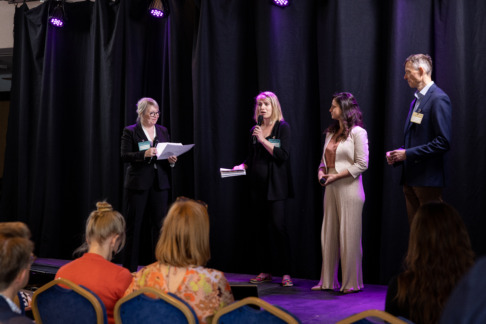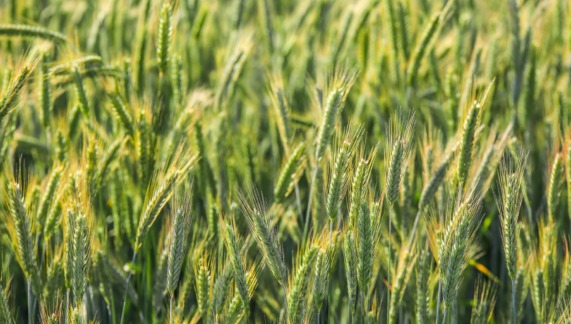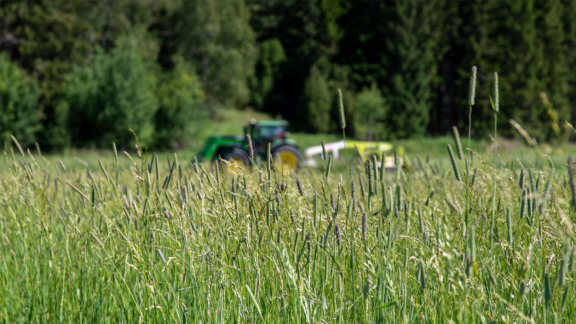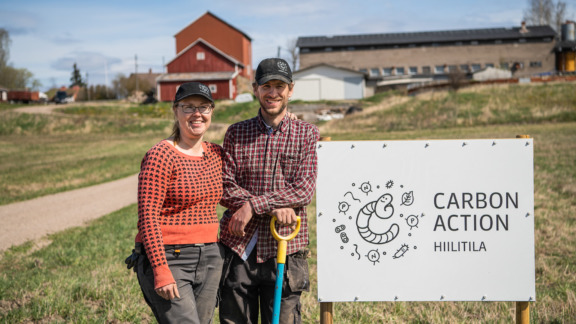CARBON ACTION PAVES THE WAY WITH INTERNATIONALLY IMPORTANT RESEARCH
Multi- and interdisciplinary research will play a vital role in the transition to regenerative and more sustainable agriculture. When it comes to solving issues related to our future, science offers farmers, companies and policymakers a foundation for decision-making.
CARBON ACTION RESEARCH
Top research on soil carbon storage
Atmospheric measurements, modelling and soil and microbial analyses are being used to understand how carbon flows between the land and atmosphere, how farming stores carbon in the soil, and what role vegetation and soil diversity play in the process.
Carbon Action research also investigates how regenerative farming impacts nutrient leaching and the biodiversity of arable lands. Economic impact analyses are used to ensure that the carbon farming methods currently being developed are effective and can be applied in practice.
Soon, carbon sequestration may also be modelled and forecasted in areas where little data is available. The results of the verification system can be used extensively as a basis for decision-making and service development.
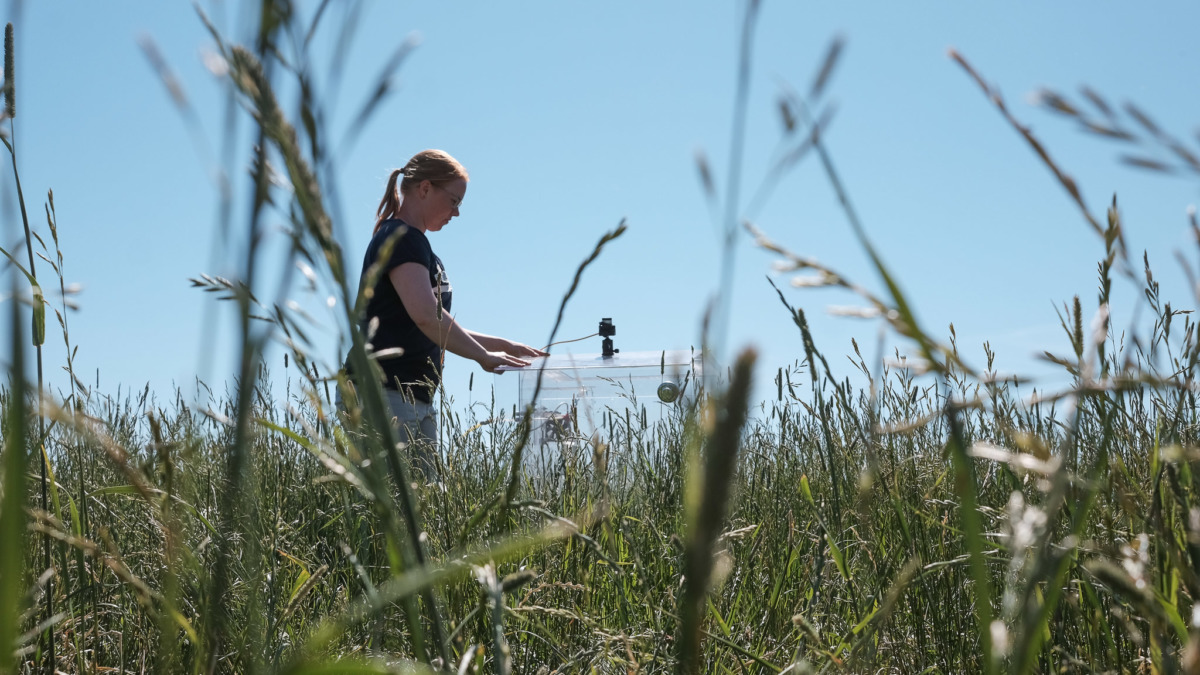
Carbon Action research questions
Vegetation and soil processes: How can we increase carbon sequestration and the formation of the most permanent carbon sinks?
Cultivation methods: How can we improve cultivation methods in a way that will increase carbon sequestration, biodiversity, nutrient retention, soil health and productivity, and the nutritional value of crops?
Verification and modelling: How do we measure and verify carbon sequestration and other climate impacts?
Economy and steering: How do we bring sequestered carbon to “the market”, and how can it be harnessed in public- and private-sector climate action? How can climate and agricultural policy support the introduction of these solutions both in Finland and elsewhere?
A critical goal of our research is to create a scientifically approved method of verifying soil carbon sequestration.
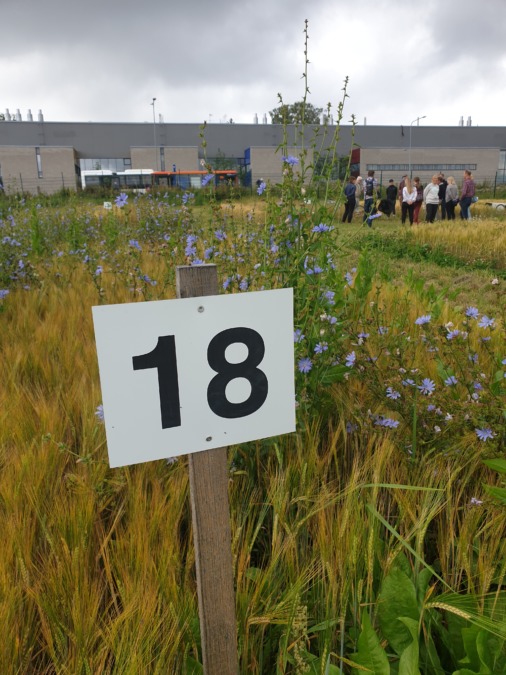
Experimental designs generate diverse data
Numerous experimental designs are used to generate data for our Carbon Action research. A hundred farms are testing a variety of carbon farming measures under different conditions, amassing practical experience, and assessing the impact of various measures on factors such as soil health and crop yields.
Nine long-term test areas are used to study nutrient leaching and changes in the carbon stock of different soil layers.
Intensive test areas in Qvidja, Viikki, Kilpiä and Ruukki are conducting detailed studies of carbon transfer and storage with the aid of atmospheric measurements and mathematical modelling.
The environmental crisis calls for new forms of research collaboration
The STN MULTA research consortium is the primary driver of Carbon Action research. Research collaboration on the Carbon Action platform is continually growing, and dozens of research projects have joined the consortium to find answers to common questions.
Almost a hundred researchers are currently seeking answers to Carbon Action research questions, and new faces are welcome to join the network.
Partners
The Finnish Meteorological Institute coordinates research efforts across geographical and disciplinary borders. Key partners in the research network include the Natural Resources Institute Finland, the Finnish Environment Institute, the University of Helsinki, the University of Tampere, the University of Zurich and the Ruralia Institute. Some companies from the Carbon Action corporate platform are also involved in research projects.
A hundred farmers from Carbon Action “carbon farms” also participate in the studies. This cooperation between farmers and researchers is unique – even internationally. It allows the farmers’ reality to be considered during research, enabling the results to be better applied in practical fieldwork.
For more information
Jari Liski
Research Professor, Chief Scientist
Finnish Meteorological Institute
jari.liski@fmi.fi
The Carbon Action project works with carbon farms to develop regenerative cultivation methods that accelerate carbon sequestration.
CONTACT US

